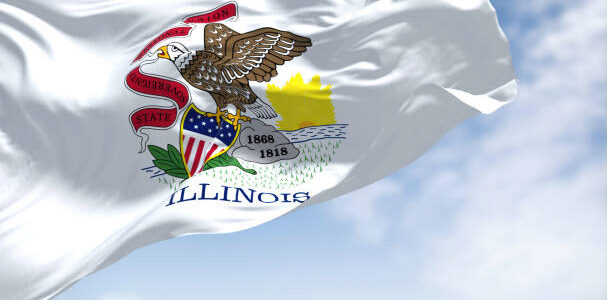BlogLine
Tick-tock! Illinois Appellate Court clarifies when the statute of limitations begins
12/31/24

By: Thomas T. Bishop and Donald Patrick Eckler
The Illinois Appellate Court, First District recently clarified what qualifies as “notice” for the statute of limitations in an accounting malpractice case.
In Montes v. Gomez Pietrzyk, 2024 IL App (1st) 231433-U, the Illinois Appellate Court considered the lower court’s summary judgment ruling. In June 2020, the plaintiffs, Dr. Nivaldo Montes and his dental practice, filed claims against the former office bookkeeper for embezzling funds from the dental practice, and against the accounting firm that serviced the dental practice for professional negligence.
In both his answer to the accounting firm’s interrogatories and in his deposition, the plaintiff testified that one of the defendant’s accountants told him via telephone in September 2017 that the dental practice had some bookkeeping abnormalities, and that the practice’s bookkeeping practices should be investigated. The bookkeeper provided Dr. Montes with a harmless explanation for the bookkeeping practices, which the plaintiff believed. Dr. Montes later submitted an affidavit stating he had “no prior knowledge” of the irregularities until 2018. The accounting firm moved for summary judgment, asserting that the two-year statute of limitations barred the June 2020 complaint because the plaintiff was on inquiry notice more than two years before the filing of the suit. The circuit court agreed and granted the motion.
The Illinois Appellate Court, First District affirmed the lower court granting the accountant’s motion for summary judgment. The court found that the plaintiff’s testimony about the September 2017 phone call was sufficient to put the plaintiff on notice about a possible cause of action against the bookkeeper and the accounting firm. Submitting a subsequent affidavit did not create any genuine issue of material fact because the plaintiff could not contradict his prior sworn deposition testimony via an affidavit. Further, Dr. Montes’ failure to conduct an independent investigation did not excuse him from failing to comply with the statute of limitations.
Ultimately, the court held that the discovery rule merely requires “reasonable belief” that the injury was caused by wrongful conduct.
For more information, contact Thomas T. Bishop at thomas.bishop@fmglaw.com, Donald Patrick Eckler at patrick.eckler@fmglaw.com, or your local FMG attorney.
Share
Save Print
